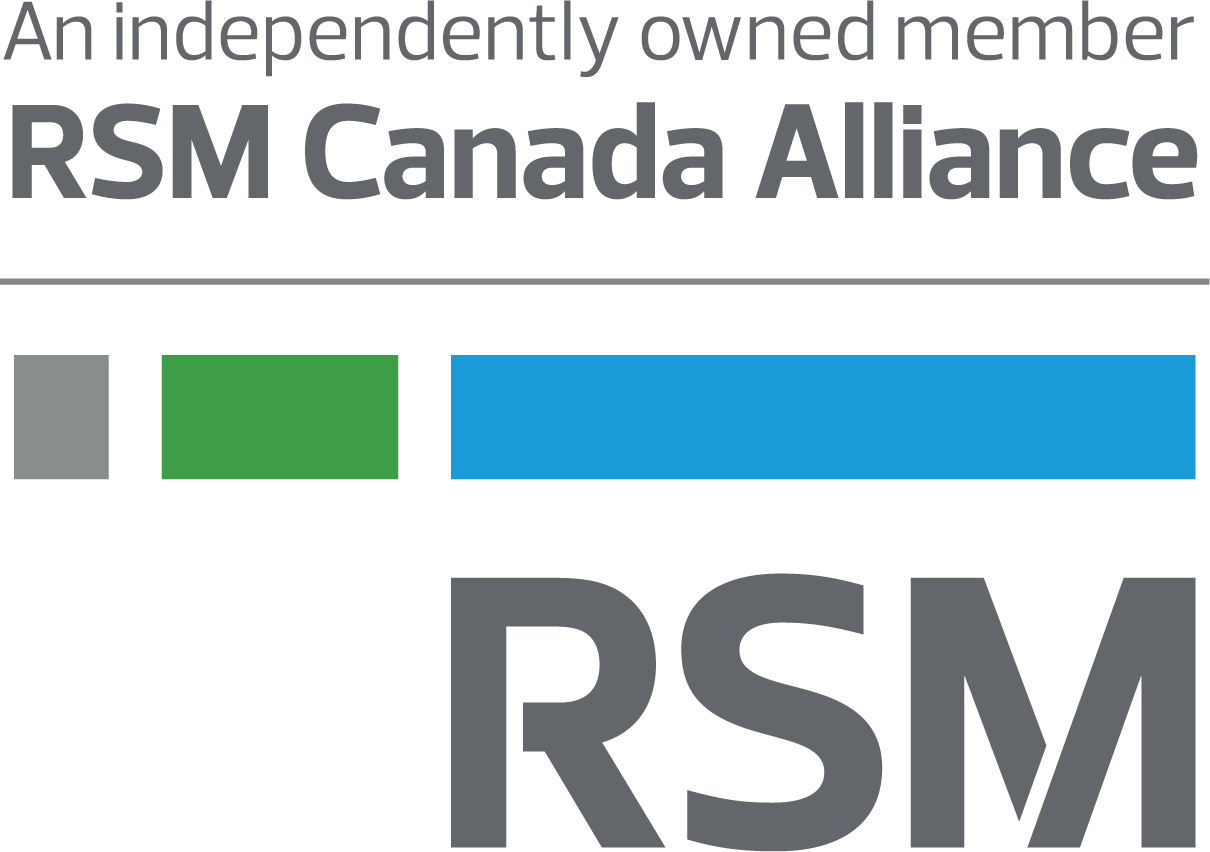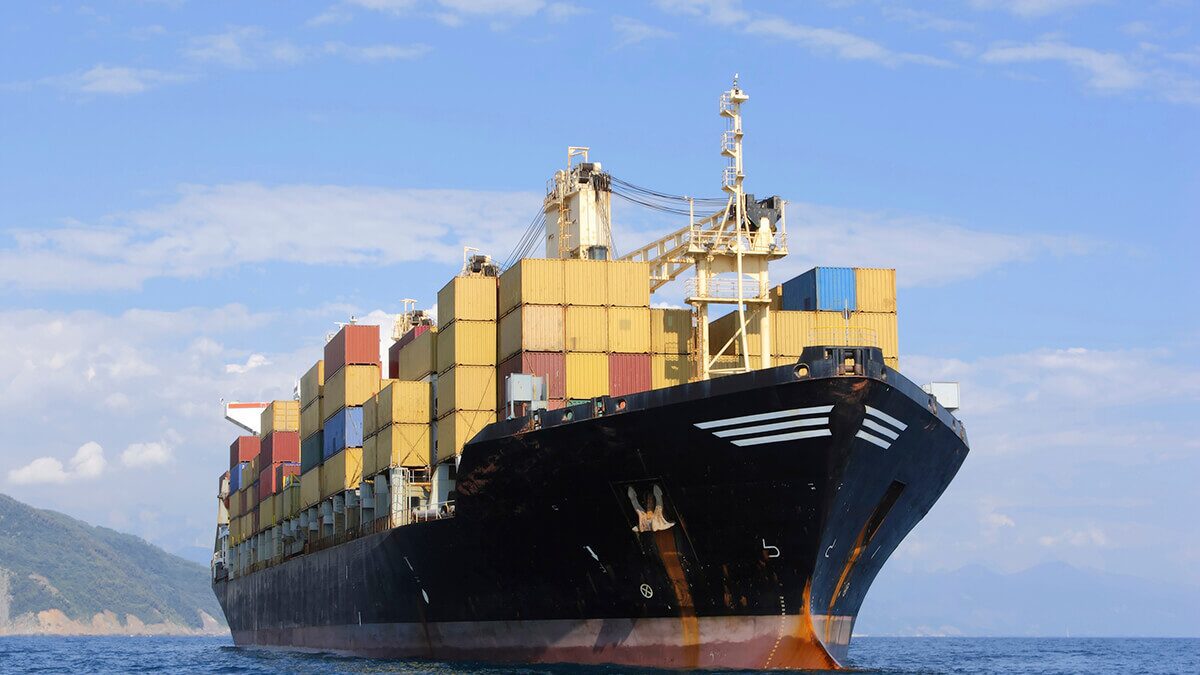ARTICLE | March 20, 2024
Authored by RSM Canada
Executive summary
The Canada Border Services Agency (CBSA) recently revised its policy correcting errors in declarations of origin, tariff classification or value for duty to require multiple corrections.
The CBSA has recently revised its policy on correcting errors in declarations of origin, tariff classification or value for duty. In the newly released D11-6-6 memorandum, the CBSA outlined a new policy requiring subsequent corrections to previously corrected transactions on the same issue. Prior to this change in policy, explained below, it was unclear if subsequent corrections were required. The CBSA has now made their expectations clear from a policy perspective on requiring correction filings.
Legal Requirement and Prior Policy
Section 32.2 of the Customs Act (the “Act”) obligates importers, the owner of goods imported and certain other persons to correct declarations that are in error under the three trade programs: origin, tariff classification and/or value for duty. The correction(s) must be filed within 90 days of the person having “reason to believe” the declaration is incorrect.1 Payment of duties owing as a result of the correction must be made as well. A correction is not required or allowed if the correction would result in result in a claim for a refund of customs duties.2 This obligation to correct expires four years after the goods are accounted for under the Act.3
The prior policy required that one correction be filed per intersection of trade program affected and declaration.4 For example, Company X had one June shipment of widgets and previously corrected its declaration of origin for the widgets in this shipment. It can correct the tariff classification for its June widget shipment or the declaration of origin for its August shipment of widgets but it would normally not be required to file a second correction under 32.2 of the Act to the declaration of origin of the widgets in the June shipment.
Under the previous policy, the correcting party had two options for subsequent corrections involving the same trade program and declaration as the original correction. If the correcting party was aware of another issue which could create errors in the declaration when filing a correction for an initial error, they were encouraged to contact the CBSA to discuss. If a correcting party finds a subsequent adjustment for the same issue is necessary for an adjusted declaration, they can request, though are not obligated to request, a re-determination or further re-determination under section 60 of the Act within the prescribed time limits. The CBSA also employed administrative work arounds for these types of matters on occasion by encouraging corrections to be filed notwithstanding the policy limitation for subsequent corrections. This policy has presented challenges for both the CBSA and correcting parties where the original correction was in error and/or subsequently additional corrections for the same program area were required.
New Policy
In December of 2023, after a consultation with its stakeholders, the CBSA released a revised policy memorandum which changed the policy on subsequent corrections. Instead of having the obligation to correct once as outlined above, the importer is now required to file subsequent corrections for errors uncovered post the initial correction.5 No subsequent corrections are permitted where:
- a further re-determination initiated by the CBSA is made under section 59(1)(b) of the Act,
- the CBSA re-determines or further re-determines origin, tariff classification or value for duty on request of a relevant party under section 60 of the Act or;
- any other scenarios listed in section 61 of the Act.
To explain this new policy, the CBSA provides the example of an importer who discovers that the values declared were under reported on its initial declaration and will also be further adjusted at year-end by way of a transfer pricing increase adjustment on the same goods.6 The importer now ends up making two corrections. The first correction is made within 90 days of discovery of the under reported value, and a subsequent correction is made within 90 days once the information about the year-end transfer pricing increase adjustment is available. This is, in some cases, a change to a previous administrative acceptance by the CBSA that corrections were only to be filed once all values for the period were both final and accurate and that the correction for the “period” was for the totality of errors for that issue (in this example, value) that occurred in that period.
Potential impact of the policy change
The D Memorandum series is the CBSA’s interpretation of relevant law and regulations and other related operational considerations. These policies are from time to time subject to amendment. Affected parties should consult with customs professionals to stay up to date on CBSA policy, operational and legal developments. Importers, the owner of goods imported and other persons who have an obligation to correct should therefore be aware that according to the change in policy, the CBSA is expecting additional corrections be filed where applicable. In addition, affected parties who need to correct after the 90-day deadline has passed should review the CBSA’s Voluntary Disclosure program. This program allows for the non-imposition of penalties and punitive interest upon the approval and filing of an eligible disclosure.
Those impacted by the change in policy should review their compliance strategy being mindful that the CBSA has a variety of tools it may employ to ensure compliance with their policies such as penalties, punitive interest and increased cargo exams to name a few. It is therefore strongly recommended to review situations that require corrections and subsequent corrections and map out an appropriate compliance strategy.
[1] It should be noted that “reason to believe” is not defined in the legislation. However, the CBSA outlines in D11-6-6 paragraphs 1 through 9 their current policy position regarding the circumstances where a person may have “reason to believe”. A bona fide, well supported difference of opinion is not necessarily an error that gives rise to reason to believe.
[2] Section 2 of the Act provides that, for this purpose, customs duties do not include the Goods and Services Tax (GST). Therefore, a reduction in customs value as a result of an error would still require a correction if the goods were duty free, but subject to the import GST or duty free and zero-rated for GST purposes on import according to CBSA’s policy guidance.
[3] Subsection 32.2(4) of the Act
[4] “’Reason to Believe’ and Self-Adjustments to Declarations of Origin, Tariff Classification, and Value for Duty Memorandum D11-6-6”, Canada Border Services Agency, April 12, 2013. See paragraph 28.
[5] “Memorandum D11-6-6 – Reason to believe and corrections to the declaration of origin, tariff classification or value for duty”, Canada Border Services Agency, December 2023 at paragraphs 35 and 36.
[6] Ibid.
Let’s Talk!
Call us at 1-855-206-5697 or fill out the form below and we’ll contact you to discuss your specific situation.
This article was written by Jaime Seidner, Cassandra Knapman and originally appeared on 2024-03-20 RSM Canada, and is available online at https://rsmcanada.com/insights/services/business-tax-insights/subsequent-corrections-for-customs-a-customs-policy-change.html.
The information contained herein is general in nature and based on authorities that are subject to change. RSM Canada guarantees neither the accuracy nor completeness of any information and is not responsible for any errors or omissions, or for results obtained by others as a result of reliance upon such information. RSM Canada assumes no obligation to inform the reader of any changes in tax laws or other factors that could affect information contained herein. This publication does not, and is not intended to, provide legal, tax or accounting advice, and readers should consult their tax advisors concerning the application of tax laws to their particular situations. This analysis is not tax advice and is not intended or written to be used, and cannot be used, for purposes of avoiding tax penalties that may be imposed on any taxpayer.
RSM Canada Alliance provides its members with access to resources of RSM Canada Operations ULC, RSM Canada LLP and certain of their affiliates (“RSM Canada”). RSM Canada Alliance member firms are separate and independent businesses and legal entities that are responsible for their own acts and omissions, and each are separate and independent from RSM Canada. RSM Canada LLP is the Canadian member firm of RSM International, a global network of independent audit, tax and consulting firms. Members of RSM Canada Alliance have access to RSM International resources through RSM Canada but are not member firms of RSM International. Visit rsmcanada.com/aboutus for more information regarding RSM Canada and RSM International. The RSM trademark is used under license by RSM Canada. RSM Canada Alliance products and services are proprietary to RSM Canada.
 |
Virtus Group is a proud member of the RSM Canada Alliance, a premier affiliation of independent accounting and consulting firms across North America. RSM Canada Alliance provides our firm with access to resources of RSM, the leading provider of audit, tax and consulting services focused on the middle market. RSM Canada LLP is a licensed CPA firm and the Canadian member of RSM International, a global network of independent audit, tax and consulting firms with more than 43,000 people in over 120 countries. Our membership in RSM Canada Alliance has elevated our capabilities in the marketplace, helping to differentiate our firm from the competition while allowing us to maintain our independence and entrepreneurial culture. We have access to a valuable peer network of like-sized firms as well as a broad range of tools, expertise, and technical resources. For more information on how the Virtus Group can assist you, please call us at 855-206-5697. |

